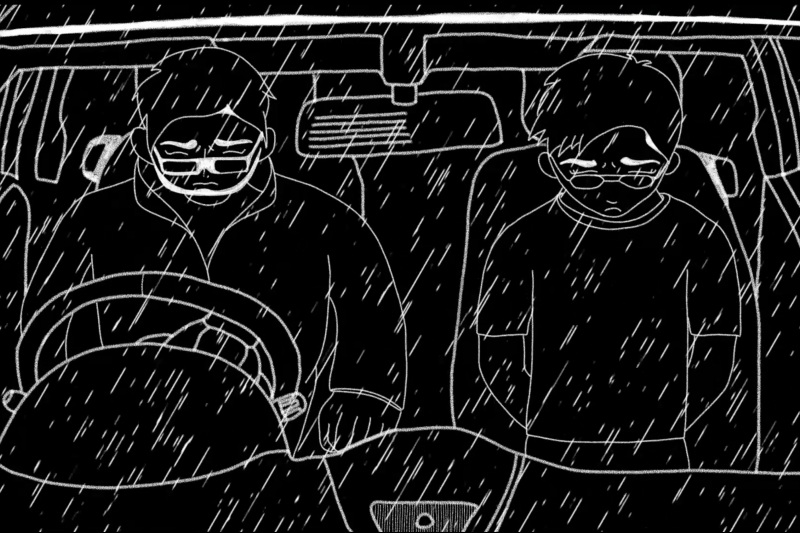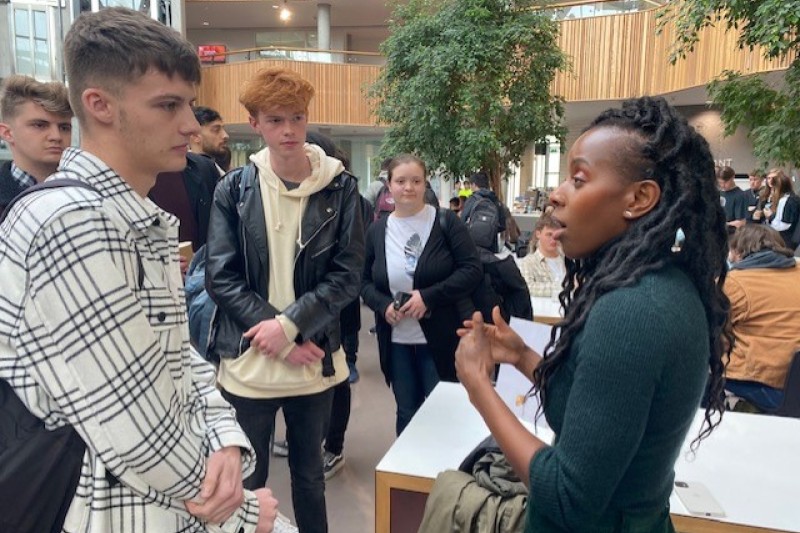Bournemouth University’s Stephen Heppell has written an article in the Financial Times that looks at education and technology.
As Chair of BU’s Centre for Excellence in Media Practice, Heppell also advises governments and organisations around the world on education and IT, and his Christmas wish was to let children build a better education system for tomorrow.
Heppell’s arguments focussed on the unequal state of education around the globe, with “at least 55million [children] having no schooling at all” and “114 of 208 countries having a significant shortage of teachers”. He also notes that the equality gap between the wealthiest and the poorest “has barely closed in the past 30 years”.
“It is time we rethought education properly”, Heppell says, before going into depth on how technology specifically has “transformed our daily lives in incalculable ways… but so little [has] changed in education”.
From the chairs and desks that “look pretty much like the perfect prototype for an anti-reading device” to other school technologies that “is often stopped at the school gates”, education needs to embrace the interactivity that technology can bring to the classroom.
“What is needed is not to fit the technology to the existing practices, but real innovation”, argues Heppell. He describes how education will need to be “a lot cheaper, more engaging, more shared and connected, and hugely more effective” – just like a Google Car might be.
Further still, Heppell argues that it is in “asking the children themselves to research how learning might be improved [that] produces compelling engagement, provides some really effective ideas and helps them to learn about learning”.
Ultimately, “we might create better and completely different learning with those children” if we involve them in the process itself.



